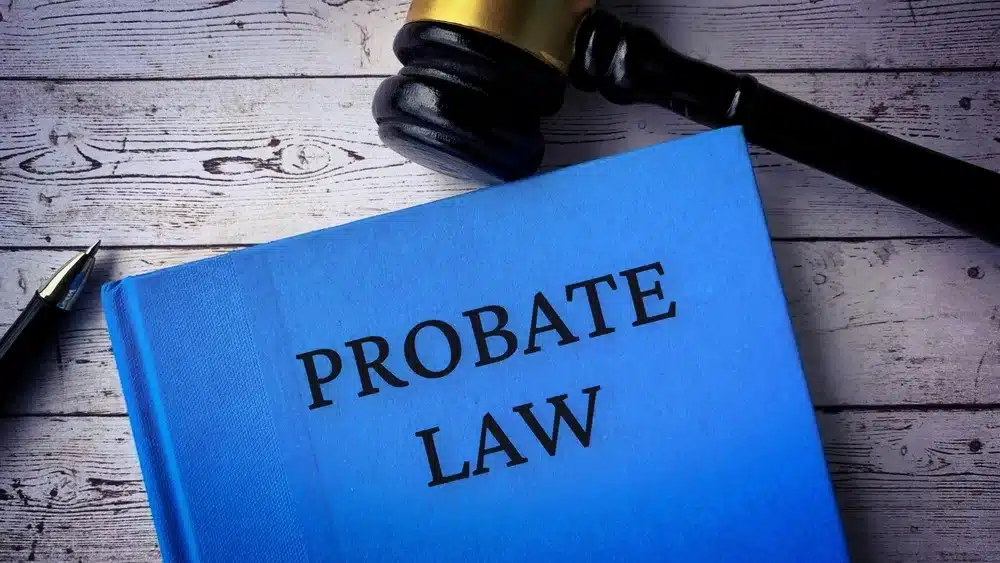It’s perfectly normal for aging parents who are currently completing their will along with their lawyer’s guidance, to leave the family home to their children. When the will is legally binding, usually probate proceedings can be avoided.

What exactly is probate? Says the Florida Probate Law Firm, Broward County probate lawyer, probate is a court-supervised process whereby a deceased person’s assets are examined, identified, and the beneficiaries are determined. Probate was engineered to make certain that potential creditors have an opportunity to go after claims against the estate, plus providing a forum for identifying the right beneficiaries who should be receiving the decedent’s property.
Probate is common when there’s either no will involved with a decedent, or the bulk of the decedent’s property was left to a third party such as a significant other, a second wife/husband, or an organization. That said, how can you go about ensuring that when you leave your home to your kids in your will, they will not have to go through the expensive and stressful process of probate?
According to a recent report by Credit.com, home ownership remains a staple of the American Dream. Family homes become special places where you raise children, spend lots of time with friends and family, and create many enduring memories. It’s only natural that you wish to leave your home to a specific individual after you die.
Here’s how you can leave your home to someone in your will while avoiding probate.
The Short of It
There are said to be three main ways to gift your home to another person once you die. You can do this via your will, a living trust, or utilizing the correct wording in the property’s deed. The choice is yours. One thing is for certain, however, you need to contract the services of a reputable estate planning attorney to help you with planning your entire estate.
Making a Will
Making a legal will is the most popular way of leaving property to someone. Written wills are legally binding documents that outline what you wish to happen not only to your home but all your assets when you die. The person you name as the recipients of your property, items, and even cash, are legally designated as beneficiaries.
Some of the time, the will is not clear enough or considered by some of the beneficiaries as not fair enough, and it will have to go through probate once you die. This process ensures that your property is legally transferred to the beneficiaries according to the legal terms of your will. If you have any outstanding debts, these must be paid prior to any assets being distributed.
Make a Living Trust
Says Credit.com, it’s not necessary to modify your will when it comes to adding a new beneficiary. If you wish, you make a living trust instead. Once you create the living trust, you can add assets to it as you see fit. In the meantime, you will continue to benefit from the assets contained in your trust, which will include your home, while you’re still living. As soon as you die the items then get transferred to your beneficiaries.
If, for some reason, you do not place your family home in the living trust, the home must go through probate if you should suddenly pass away. If this is the legal route you choose, you should set up your living trust as soon as possible. That way you have the option of adding your home to it should you contract a potentially lethal ailment like cancer or irreversible heart disease.
But one of the largest advantages of a living will is that will eliminate the need for probate entirely. The property will simply legally pass from one party to the next according to the wording of the trust. This will reduce the stress of probate during what will be a hard, grieving time for your beneficiaries.
If you wish to leave your home to more than one child, doing so via a living trust rather than a will can significantly reduce probate conflict. Sometimes it’s best to assign a neutral trustee for your trust. It will be their job to decide who gets what after you’re gone. They can also make the ultimate decision on what happens to your home and property.
Make Modifications to Your Home Deed
One of the simplest ways to leave your home to someone you love and care about is to modify the verbiage in the home’s deed. These are three of the most common and effective statements homeowners will include:
Transfer of Deed or TOD: You maintain full control over your home and can even borrow against it in the form of a reverse mortgage until you die.
Joint Tenant with Right of Survivorship: If you go this route, any financial decisions you make like applying for a reverse mortgage, must be approved by the joint tenant.
Tenants by the Entireties: It’s said that in the U.S., about half the states will legally allow this option. It only applies when the property owners are married to each other.
Passing on your family home to your children doesn’t have to be all that complicated. So long as the proper will or living trust is created by a reputable estate planning attorney, there’s a good chance the stress and cost of probate will be avoided.